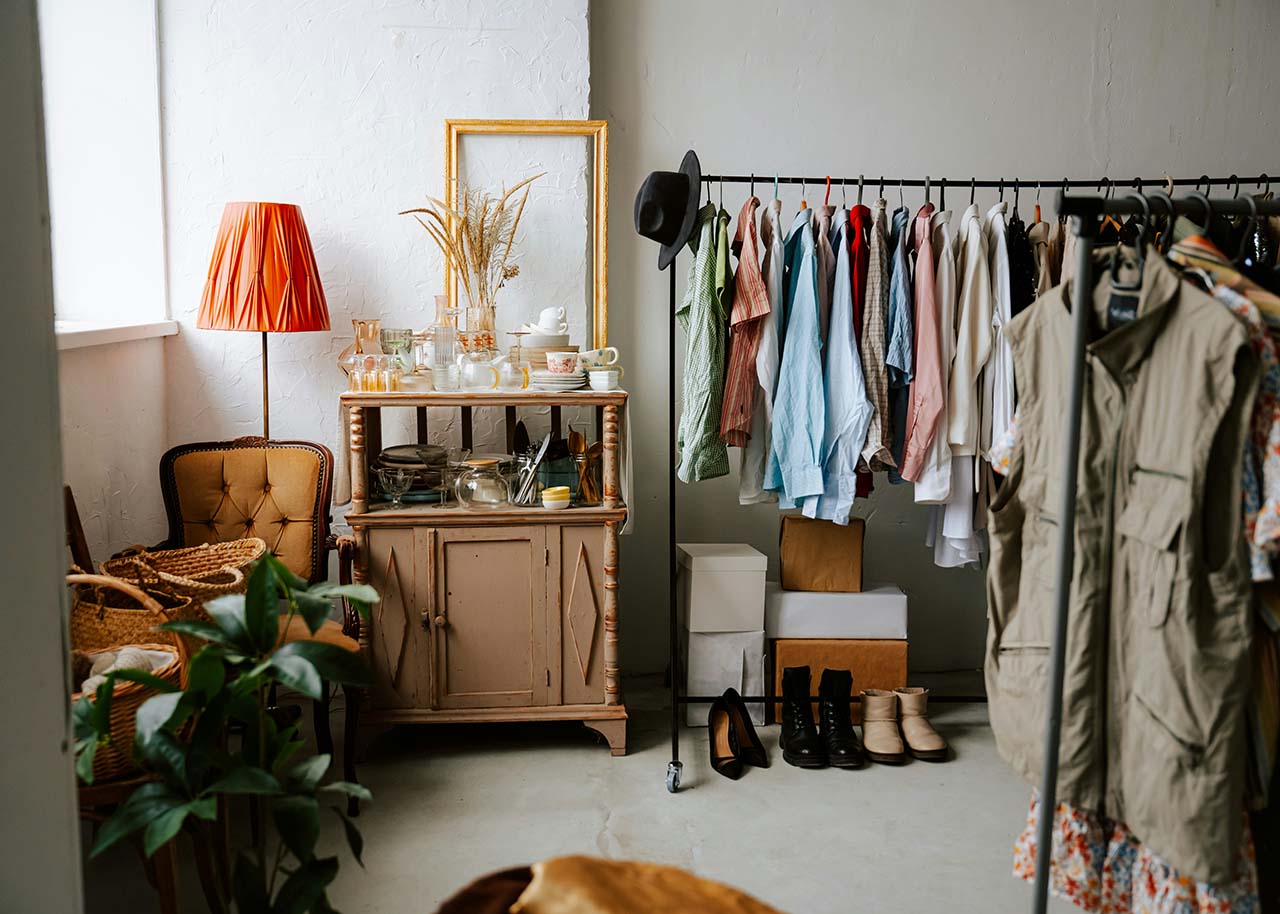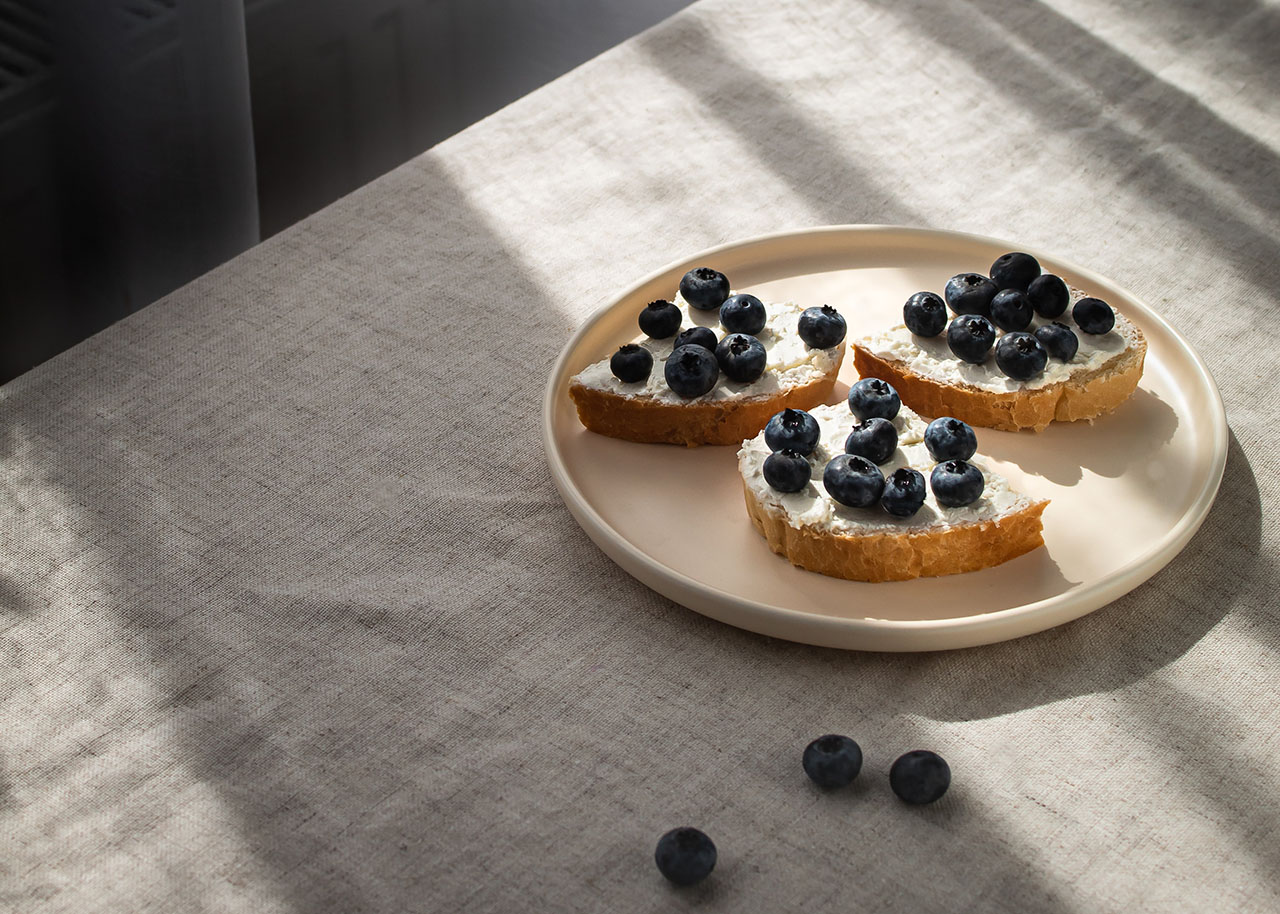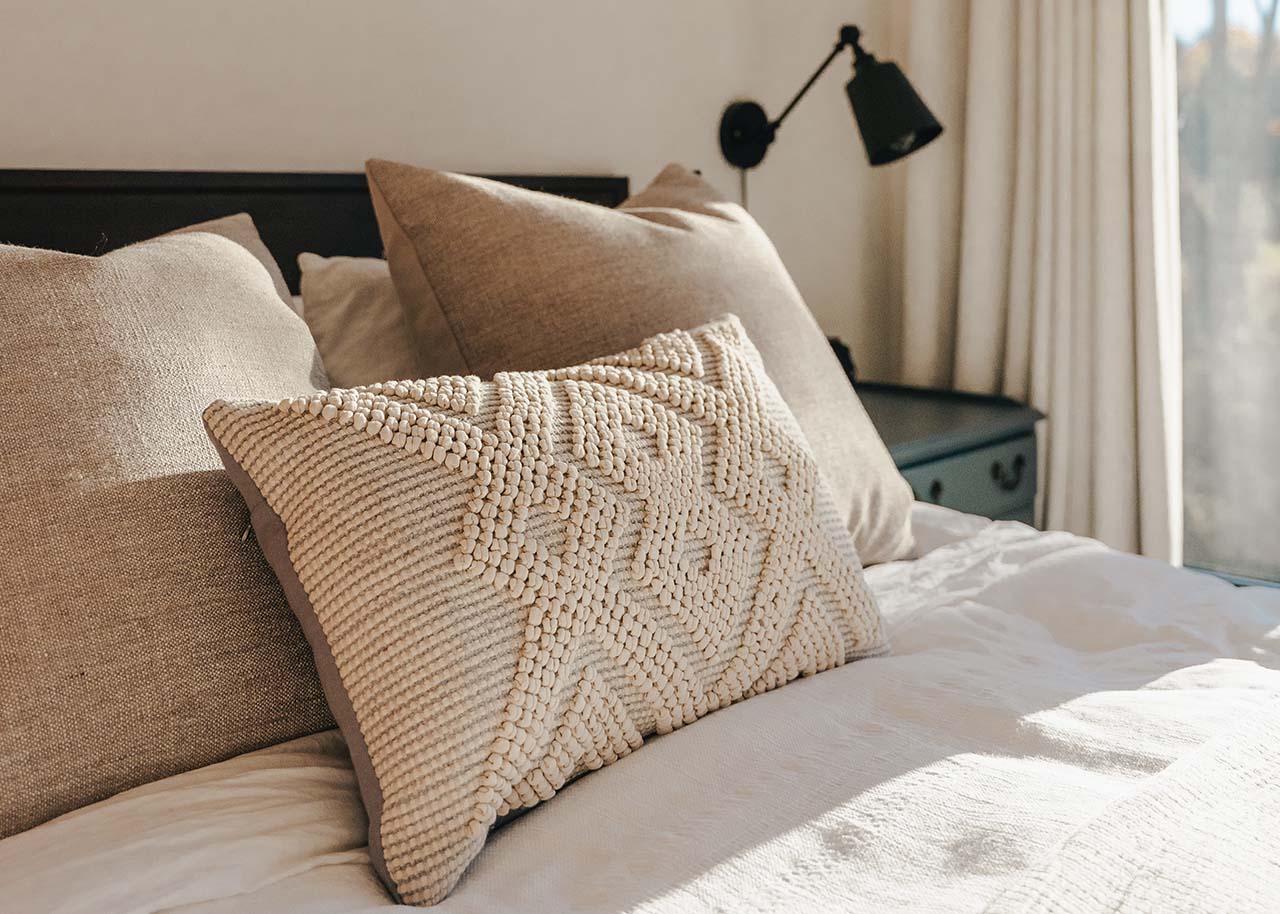(collaborative post)
Living in a space that feels calm, clean, and intentional isn’t about reaching perfection. It’s about being surrounded by what supports you and letting go of what doesn’t. Many people reach a point where the things they’ve gathered start to get in the way – not always in obvious ways, but in small ones that add up.
A home should give back more than it takes. When it becomes harder to relax or focus, clutter is often part of the reason. Holding onto too much can crowd your time, attention, and energy without you realising it.
Clearing space isn’t just about tidying up. It’s about removing friction from everyday life so you can focus on what matters most.
Reconnecting With The Space You Already Have
Every home tells a story. But sometimes that story stops reflecting how you live now. That drawer that never closes properly, the pile of paper by the door, or the items stored just in case, all these details slowly create tension in the background.
Noticing what still fits your routine and what quietly works against it can make a real difference. Making small changes can help shift the whole feel of a room. It’s not about chasing minimalism, but about choosing clarity over clutter.
When space feels more open, it invites more calm. You don’t need a full overhaul. You just need a starting point that feels manageable.
When Less Feels Better
Letting go often brings up more than expected. Items carry stories. Some are happy, others unresolved. But even the meaningful ones can weigh you down when they pile up in the wrong places.
It helps to move gently. Look at each area with fresh eyes. Ask simple questions. Do I use this? Does it make life easier? Does it belong in this space?
Sometimes it’s not the physical size of what you own but the noise it adds to your thoughts. A single crowded shelf can pull at your attention all day without you noticing. Clearing it can feel like lifting a weight.
Rethinking the Idea of ‘Clean’
Cleaning is often treated as a chore, something to get through. But when your surroundings feel fresh and organised, it supports your well-being in subtle but consistent ways. A tidy room can help you settle down faster. An uncluttered surface might invite you to write, cook, or rest.
This doesn’t mean you have to take on every task yourself. Many people bring in support where they need it. On the Isle of Wight, some turn to local services such as Isle of Wight Cleaners for help with ongoing maintenance or deeper seasonal cleans. Their flexible approach fits around busy routines without taking over the feel of your home.
Having help doesn’t take away from the intention behind slow living. In many cases, it adds to it. You’re choosing how to spend your time more carefully and allowing others to support the life you’re building.

Creating Habits That Stick
Once you’ve cleared out the things that no longer belong, it becomes easier to keep everything in balance. ‘The space feels lighter, and the effort to maintain it tends to shrink. But habits are what help that feeling last.
Try anchoring small tasks to everyday moments. For example, you might take five minutes after breakfast to wipe down surfaces or fold laundry while chatting on the phone. Some people also check one drawer or shelf each week to make sure nothing unnecessary is slipping back in.
These rhythms help prevent clutter from building up again. They also create a sense of progress without pressure. Even when things feel busy, a short burst of attention can make your space feel more supportive again.
Paying Attention To What Enters
Letting go of things is one part of the process. Being more intentional about what comes in is just as important. Many homes slowly fill with items bought out of habit or convenience. Over time, those small choices build up.
A more mindful approach starts with noticing your own patterns. Do you often bring home items you don’t use? Are you holding onto things out of guilt or uncertainty? These are common habits, and they’re easy to shift with small changes.
Choosing quality over quantity helps, as does shopping locally or buying second-hand. Many people also look for items that last or can be passed on when no longer needed. With less coming in, it becomes easier to maintain the space you’ve created.
When Letting Go Feels Hard
Clearing clutter feels straightforward at times, and other times, it brings up resistance. It’s common to struggle with gifts, inherited items, or things that feel tied to identity or memories.
If a decision feels too difficult, try moving the item out of sight first. Place it in a box or a cupboard and give yourself time to consider how much you miss it, if at all. Some items lose their emotional weight once they’re out of daily view.
Another option is to focus on one type of object at a time, such as clothes, books, and kitchen tools. When decisions are grouped, it’s easier to notice patterns in what you use and what you’ve outgrown.
Give yourself permission to move at your own pace. Letting go doesn’t need to happen in a single afternoon. What matters is building momentum, and trusting your ability to decide what serves you now.
Space That Feels Lived In
A home that feels cared for doesn’t need to look perfect. It just needs to reflect your rhythm. Some areas will always be more functional than others, and some corners will hold more life and movement. That’s normal.
Slow living doesn’t ask for silence or emptiness. It’s about comfort, clarity, and intention. That might mean a lived-in kitchen that stays organised without being rigid. Or a bedroom where you feel able to fully unwind because there’s less visual noise pulling at your thoughts.
There’s freedom in knowing you’ve shaped your space to match your values. It brings more ease to your routines and more calm to the everyday. Over time, you might find it also changes how you approach the rest of your life – with more thought, more focus, and more space to breathe.
Make Space, Then Keep It That Way
Letting go of clutter isn’t about creating a home that looks a certain way. It’s about shaping one that works for you. When the space around you feels open and intentional, everything else tends to follow. There’s more calm, more focus, and often more time.
Sometimes, keeping that balance means bringing in extra support. Trusted services like local Isle of Wight cleaners can help you stay on top of the practical side, so your energy can go elsewhere. You’re not giving up control; you’re choosing how to spend your time.
If you’ve started clearing space, keep going. One shelf, one drawer, one small habit at a time. The more you let go, the more room you’ll find for what actually matters.
This post was published in collaboration with a content partner. The article is meant to inspire you how to live a slow, simple, soulful and sustainable lifestyle and may contain (affiliate) links to articles, websites or products/services that may be of interest to you.
Would you like to receive inspiration from The Slow Living Guide regularly?
Sign up for the newsletter here.



